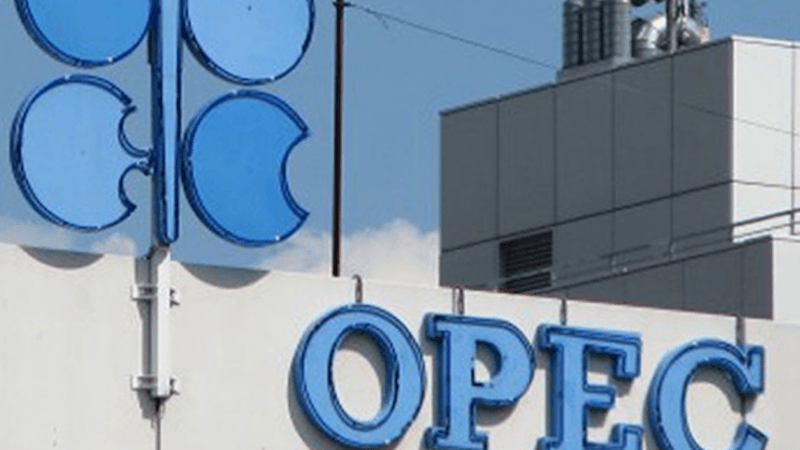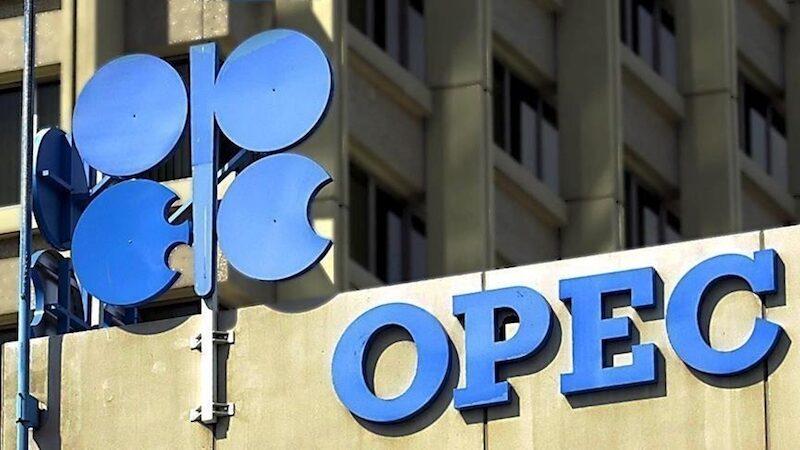. World cannot curb climate change divided, OPEC warns
Ahead of the next meeting of the ministers of the Organisation of Petroleum Exporting Countries (OPEC), Nigeria has begun to rally African countries who are members of OPEC, in its bid to ensure the continent plays by the
rules in the production limitation agreement reached by the cartel and its allies led by the Russian Federation.
The country according to a statement from the Nigerian National Petroleum Corporation (NNPC), also wants to ensure that the continent benefits maximally from hydrocarbon deposits locked in its shelves.
Signed by the Acting Group General Manager, Public Affairs of the NNPC, Mr. Samson Makoji, the statement noted that the move was strategic, and spearheaded by the Minister of State for Petroleum Resources, Mr. Timipre Sylva, who traveled to Angola, Gabon and South Sudan to get their supports on this.
It explained that Sylva as the President of the African Petroleum Producers Organisation (APPO), met African oil producing nations that are also signatories to OPEC’s Declaration of Cooperation (DoC) agreement to discuss compliance ahead of the next Joint Ministerial Meeting Committee (JMMC) of OPEC and non-OPEC countries in Vienna, Austria in December.
He stated that as a member of international energy groups such as the OPEC and APPO, Nigeria needed to further deepen its collaboration with fellow African nation to grow the continent’s oil industry.
Sylva, was also accompanied by the Group Managing Director of the NNPC, Mallam Mele Kyari and Nigeria’s OPEC Governor, Dr. Omar Farouk Ibrahim.
He explained that African oil producers needed to work together to judiciously utilise their abundant hydrocarbon resources for the benefit of their respective citizens.
After the meeting, the Gabonese Minister of Oil, Gas and Hydrocarbons, Mr. Noel Mboumba said in Libreville that the meeting was “very fruitful”, and that both countries had reached meaningful conclusions that would benefit their countries’ oil industry.
Sylva equally said: “We believe that we can work together, which in the long run, will be good for our respective nations. Our interest in Nigeria is to further deepen our relationship with Gabon going forward.”
While meeting the Angolan Minister of Mineral Resources and Petroleum, Mr. Diamantino Pedro Azevedo in Luanda, Sylva said that Nigeria was committed to deepening its relationship with the the country beyond the oil and gas business.
According to him: “You will see a greater and deeper understanding between Nigeria and Angola going forward. We are the two biggest producers in Africa and therefore we need to stand together. If we don’t stand together, other producing African nations cannot come together.”
Meanwhile, OPEC has said the world can no longer work in silos in its bid to cut down the menacing impacts of climate change. It also said no single energy source could lay claim to be the best at mitigating the phenomenon.
Speaking at the at the recent Oil and Money Conference in London, the Secretary General of OPEC, Dr. Mohammad Barkindo, stated that OPEC was in full support of efforts by the world to curtail climate change, but would want that such efforts be inclusive.
Barkindo, explained in a text of his speech at the conference which THISDAY obtained, that OPEC held the conviction that dialogue on climate change should be inclusive and broad to try and evolve energy transition in the least disruptive manner.
“Standing here before you today, I think it is important to state clearly OPEC’s position on climate change and the much talked about energy transition. We fully support the science. This is a given. We do not deny the existence of climate change. There are no climate deniers in OPEC,” said Barkindo.
He further stated: “OPEC takes climate change extremely seriously. As responsible citizens of the globe, we also believe there is ‘no planet B’. OPEC remains fully engaged and supportive of the UNFCCC and the Paris Agreement, which remain the only viable global frameworks to address climate change.
“All 14 OPEC member countries have signed the Paris Agreement and ten have ratified it. We see it as a positive development that climate change issues have garnered increased public attention and enthusiasm.”
Offering what he considered the way to go about the management of efforts on climate change curtailment, Barkindo stated that: “We need to think carefully about what an energy transition actually means; and we all need to follow the right paths to lead us to a sustainable energy future.
“We need to all work together, step-by-step, find issues of commonality and appreciate what is at stake. We need to transition to a more inclusive world in which every person has access to energy. A world where no one is left behind.”
He stated that he was often asked what the best way forward was on the future of energy transition but said: “I cannot say I have all the answers; no one does. And if anyone says they do; then I might have to politely say they may not be telling the truth.”
According to him: “What I can say is that OPEC, and I am sure the entire oil and gas industry, welcomes dialogue with all stakeholders; and welcomes action too. We can no longer work in silos; we can no longer see our futures in polarized terms.
“We need to ensure sustainable growth, development and prosperity for ourselves, for our children and for our children’s children. And we need to stress that the scale of the climate challenge means that no single energy source is a panacea; nor can the contribution of an entire industry or group of countries be overlooked.”




